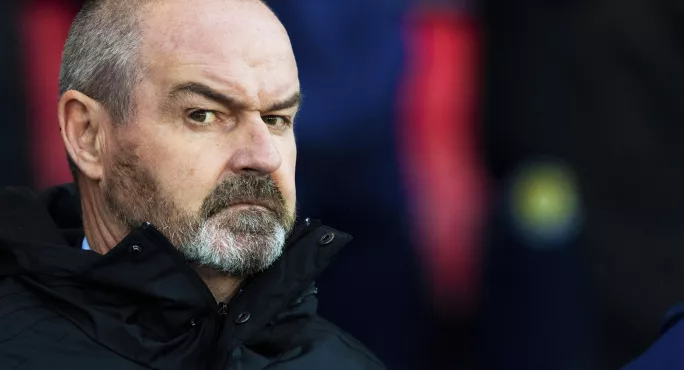“Teaching is the simplest game in the world, complicated by educators.’’ So said Steve Clarke, manager of Scotland’s men’s football team. Well, nearly - I may have changed a word or two.
It is worth examining the success of the national team lately and asking, “Should headteachers be more like Steve?” Readers may feel that this is a typical hysterical response to a most welcome and long overdue achievement - Scotland qualifying for a major tournament for the first time since 1998. But the last time I experienced this level of football happiness, I was in the first decade of my career and - this will give you an idea of how long ago that was - preparing learners for Standard Grade and cursing the bureaucracy of Scotvec modules.
The Standard for Headship has 23 quality indicators (QIs) for leadership. This level of complexity may encourage us to embrace the alternative and seemingly more simple philosophy of Steve Clarke, with his relentless focus on seeking to “ensure best strategic and operational use of available resources” (to quote QI 3.5.1).
Leadership: Alex Ferguson’s management tips for schools
Footballing lessons: ‘Klopp’s Liverpool triumph is a model for teachers’
Long read: Three ways to reset teaching in Scotland
Maybe school leaders should emulate Clarke by concentrating on performance in the classroom instead of Hollywood interventions. The results will surely follow. Indeed, it is heartening to see the green shoots of recovery attached to this philosophy with the likes of The Teaching Delusion author Bruce Robertson in headteacher roles.
A lesson in school leadership from Scotland manager Steve Clarke
Clarke had an illustrious set of experiences given little credence by Scots because they did not happen in plain view “up here”. Being outside of the Scottish context - Clarke lives in England - is often a barrier to progress, and his appointment to Kilmarnock was greeted with general insouciance. He didn’t have the showmanship of José Mourinho, the artistry of Kenny Dalglish or the chutzpah of Ruud Gullit. Yet all three held him in such high esteem that they saw fit to appoint Clarke to positions of responsibility.
Kilmarnock ascended from nowhere to the upper echelons of the league by effective employment of the skills and specialisms of the players at his disposal. He organised a team that disrupted the efforts of opponents while reinforcing their own strengths and skills.
For this, he was “rewarded” - if that word is appropriate given the recent travails of Scottish football - with the men’s national team manager post. An early series of chastening results did not augur well, but he demonstrated resilience, stuck to his values and worked hard on team building through consistency of selection and clarity of instruction. His apparently revolutionary approach of putting square pegs into square holes, and asking people to do what they could actually do, built a momentum that incrementally improved Scotland and slowly established an ethos of indefatigability that would give George Galloway pause for thought.
When crisis hit, Clarke’s unemotional use of old-fashioned specialists such as Lyndon Dykes and Andrew Considine in specific roles paid off with a once-in-a-generation qualification to a major tournament. There may be a learning experience for schools in this.
Steve Clarke is a humble man with little to be humble about. He generously distributes credit for success and accepts personal responsibility when a contest is lost. He learns quickly and isn’t afraid to recognise the limitations of his players before seeking to leverage what strengths they do have into a winning formula.
Perhaps we should all be more like Steve.
Paul Cochrane is a chemistry teacher in Scotland and an executive member of the Scottish Secondary Teachers’ Association (SSTA)


